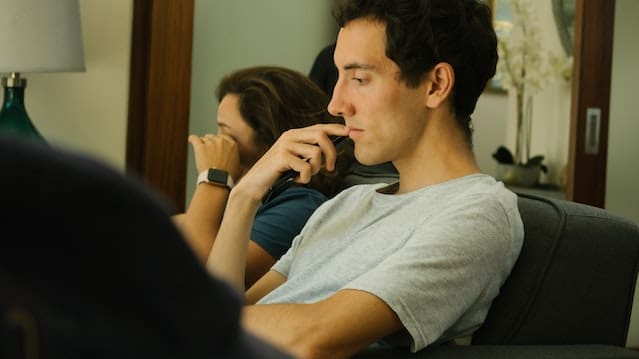Cognitive Distortions in Relationships: A Neuroscience-Informed Exploration
Relationships, with their intricate dynamics and emotional depth, can often be influenced by cognitive distortions—those skewed perceptions and beliefs that deviate from objective reality. By integrating relationship counseling with the rich insights of neuroscience, couples and individuals can gain a profound understanding of these distortions, enabling healthier interactions and deeper connections.
The Neural Underpinnings of Cognitive Distortions in Relationships
Our brains, with their complex networks of neural pathways, play a pivotal role in how we perceive and interact in our relationships. Cognitive distortions, often rooted in these pathways, can influence our interpretations of a partner’s actions, words, and intentions. For instance, a distortion like “mind reading” might lead someone to assume they know their partner’s thoughts without communication, potentially leading to misunderstandings.
Recognizing the Impact of Cognitive Distortions on Relationship Dynamics
- Miscommunication: Distortions can lead to misconstrued intentions, resulting in unnecessary conflicts and communication breakdowns.
- Emotional Reactions: The brain’s limbic system, especially the amygdala, can amplify emotional responses when cognitive distortions are at play, leading to heightened reactions in relationship disputes.
- Reinforced Negative Patterns: Persistent negative interpretations can strengthen the associated neural pathways, making it challenging to break out of detrimental relationship cycles.
Relationship Counseling Strategies with a Neuroscience Approach
- Awareness and Reflection: Encouraging couples to be aware of their thought patterns and reflect on them can help in recognizing distortions. Understanding the neural basis of these patterns can make the process more tangible.
- Open Communication: Facilitating open dialogues where partners express their perceptions and feelings can help in addressing and rectifying cognitive distortions.
- Neural Repatterning: Introducing positive interactions and affirmations in the relationship can help in creating new neural pathways, counteracting the effects of cognitive distortions.
- Mindfulness Practices: Encouraging practices like mindfulness meditation can help partners remain present during interactions, reducing the influence of distortions.
- Educate and Empower: Providing couples with knowledge about the neuroscience behind cognitive distortions can empower them to take proactive steps in addressing them.
In conclusion, the fusion of relationship counseling and neuroscience offers a comprehensive approach to understanding and improving relationship dynamics. By addressing cognitive distortions at their neural roots, couples can foster healthier interactions, deepening their bond and enhancing the quality of their relationship.






